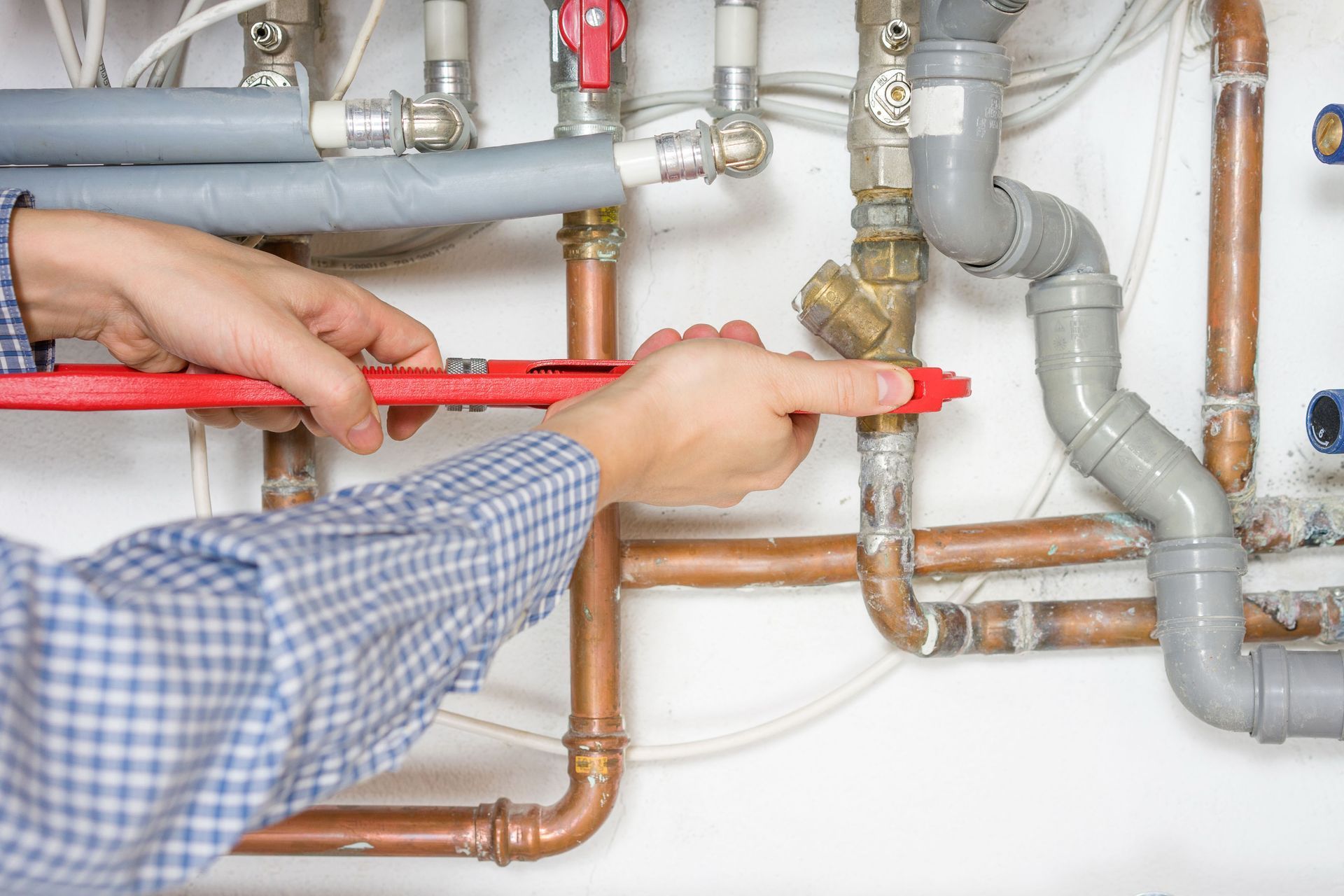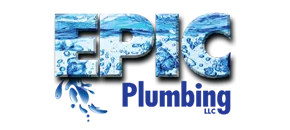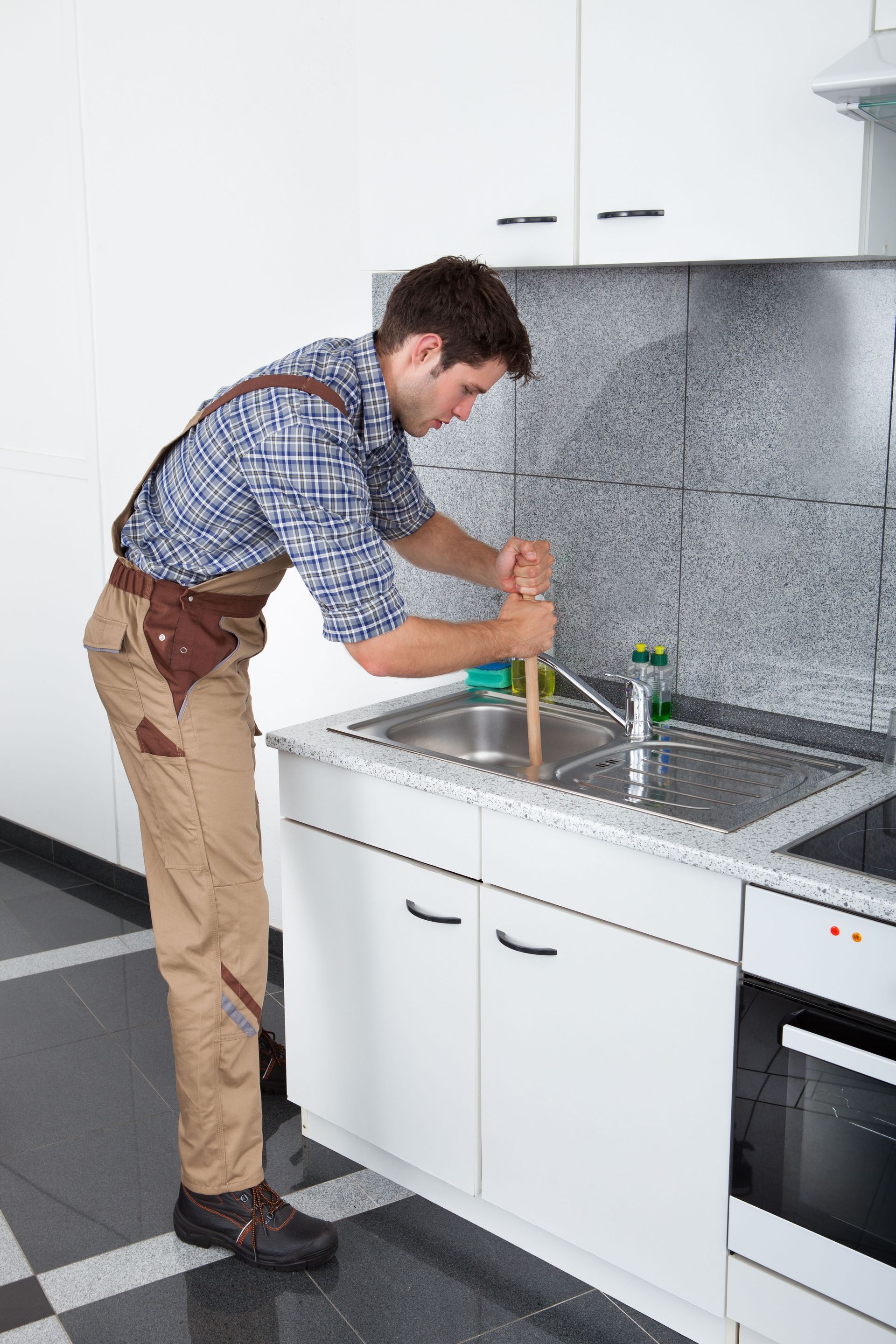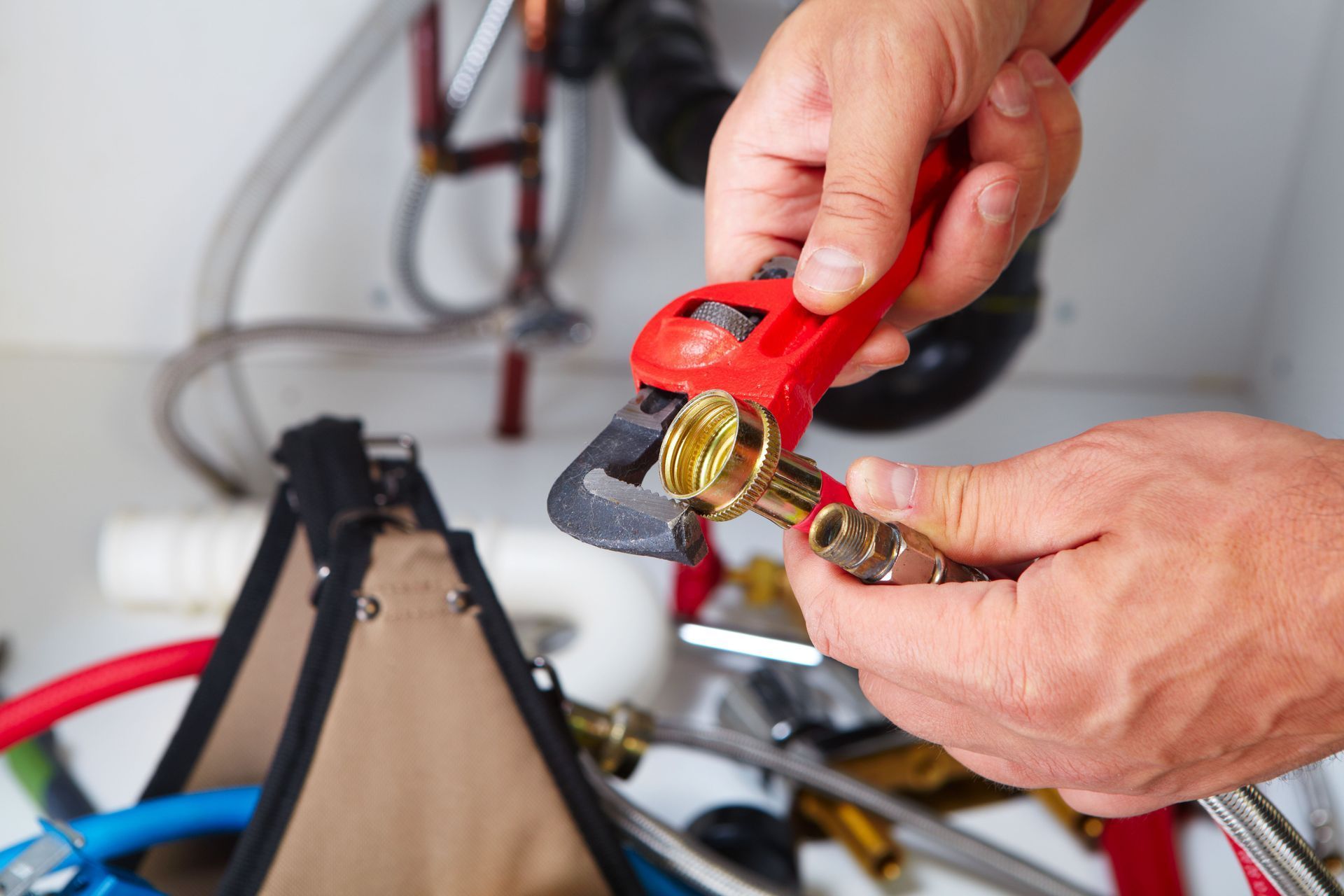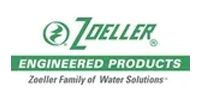October 16, 2025
Water line maintenance and repair are critical aspects of homeownership that many individuals tend to overlook. Neglecting water line issues can lead to severe consequences, including costly repairs and potential safety hazards. As water lines degrade, they may cause leaks, increased utility bills, and even flooding in severe cases. This article offers an in-depth understanding of water line systems, the signs indicating a need for repair, and what homeowners should consider before scheduling water line repair services.
Types of Water Lines
Residential Water Lines
Residential water lines are integral to the overall water distribution network within a property. These systems typically include pipes that carry water from the main supply to various fixtures, such as faucets, showers, and appliances. Residential water systems are often constructed using durable materials to withstand pressure and environmental conditions. The complexity of these systems requires regular inspection to ascertain their integrity and functionality. Proper understanding of residential water lines helps homeowners identify potential issues early, take preventive measures, and determine when to schedule water line repair services.
Main Supply Lines
Main supply lines serve as the backbone of a residential water system, delivering water from municipal supplies to individual homes. These lines are usually larger in diameter compared to internal pipes, to accommodate the high volume of water flow. Main supply lines are critical for maintaining adequate water pressure, ensuring that all household needs are met consistently. Any compromise in these lines can lead to significant water loss and disruption in service. Homeowners should be aware of their main supply's location and condition to address issues promptly by scheduling water line repair services.
Pressure Regulating Valves
The water pressure entering a home's plumbing system is managed by pressure regulating valves. These devices help prevent excessive pressure that could damage pipes and fixtures, thus extending their lifespan. Pressure regulating valves are especially important in areas with fluctuating water pressure levels, where sudden spikes can lead to burst pipes or leaks. Regularly inspecting pressure regulating valves for wear and malfunction is essential in preserving the health of a water line system. Properly functioning pressure regulating valves ensure a consistent flow of water at a safe pressure, minimizing unnecessary strain.
Identifying Water Line Problems
Visible Signs of Wear
Visible indications of wear can often signify deeper issues within a water line system. Pay attention to areas where pipes are exposed, such as basements, for signs of rust, corrosion, or water stains. Puddles or damp spots around your property could indicate a leak or rupture in the water line. Identifying these problems early is crucial for preventing further damage and reducing remediation costs. Regularly inspecting visible components of your plumbing can help catch these issues before they escalate.
Increase in Water Bills
A sudden increase in water bills can be a telltale sign of water line problems. When leaks occur, water that should be reaching household fixtures may instead be lost, resulting in higher usage readings. Monitoring water bills over time can help homeowners detect unexpected spikes that might suggest inefficiencies or malfunctions. The costs of addressing these issues promptly can often be recouped through the savings obtained from lower utility bills.
Decrease in Water Pressure
Experiencing a sudden drop in water pressure is a common indicator of potential water line issues. Blockages, leaks, or pipe failures can all contribute to reduced pressure throughout a home's plumbing system. In some cases, decreased pressure can also indicate a malfunctioning pressure-regulating valve that requires attention. Lowered water pressure not only affects the efficiency of daily activities but can also stress appliances and fixtures, and should be taken as a sign to schedule water line repair services as soon as possible. Addressing the root cause of pressure changes can prevent further damage and maintain the system's functionality.
Selecting a Professional Plumber
Verifying Licensing and Credentials
When selecting a professional plumber for water line repair services, verifying their licensing and credentials is a critical first step. A licensed plumber demonstrates they have met the professional standards and have the knowledge necessary to perform repairs safely. Checking credentials can assure homeowners of the plumber's experience and legitimacy. This due diligence protects against unqualified individuals who might exacerbate existing issues. Maintaining high scrutiny when choosing a plumber ensures quality workmanship and peace of mind.
Experience in Water Line Repair
Experience in providing water line repair services is an essential factor when selecting a plumber, given the complexity and risks associated with these repairs. Plumbers with specific experience in water line repair are more likely to quickly pinpoint issues and propose effective solutions. They bring a wealth of knowledge and problem-solving skills developed over years in the field. Homeowners can inquire about a plumber's past projects and their familiarity with specific water line systems or materials. This experience is invaluable in ensuring a timely and proficient repair process.
Requesting References
Reviewing references from previous customers is a prudent way to gauge a plumber's reliability and quality of service. Positive feedback and satisfied customers can serve as strong endorsements of a plumber's skills and professionalism. References provide insights into a plumber's work ethic, punctuality, and capability to meet client expectations. Homeowners can contact these references to explore their experiences firsthand and learn more about what to expect. This background check is an effective tool for making informed decisions concerning plumbing repairs.
Process of Water Line Repair
Assessment and Diagnosis
Water line repair services begin with a thorough assessment and diagnosis conducted by experienced professionals. Using specialized tools and techniques, plumbers identify the location and severity of issues within the water line system. This comprehensive evaluation forms the basis for devising a tailored repair strategy that addresses specific problems. Involving homeowners in understanding the diagnostics ensures transparency and informed decision-making. Effective assessment is critical in preventing unnecessary work and focusing efforts on rectifying the precise issues at hand.
Excavation Process
Depending on the location and severity of the issues, excavation may be necessary to access and repair underground water lines. This process involves careful planning and execution to minimize disruption and damage to surrounding areas. Skilled professionals employ various techniques, such as trenchless technology, to efficiently reach and address affected lines. Understanding the steps involved in excavation allows homeowners to gauge the impact on their property and anticipate restoration needs. Successful excavation lays the groundwork for effective repair and long-term system stability.
Repair Techniques
Diverse repair techniques are deployed depending on the type and extent of water line damage encountered. Methods such as pipe lining, spot repairs, or full replacements may be utilized to restore the system's integrity. Each technique has specific advantages and suitability based on factors like line material, age, and damage scope. Collaborating with skilled plumbers to select the right technique enhances repair outcomes and system resilience. Experienced plumbers have a greater understanding of what materials to use in repairs. For instance, according to This Old House, the most commonly used type of pipe for water lines is copper tubing, available in both 10 and 20-foot segments. Applying correct methods helps ensure the durability and functionality of restored water lines, preventing recurrent issues.
Understanding water line systems and recognizing early signs of trouble are vital responsibilities for homeowners committed to maintaining their property's integrity. By embracing these practices, homeowners nurture resilient systems that support sustainable living. If you're in need of water line repair services , look no further than Epic Plumbing LLC. Contact our team today to get started!
